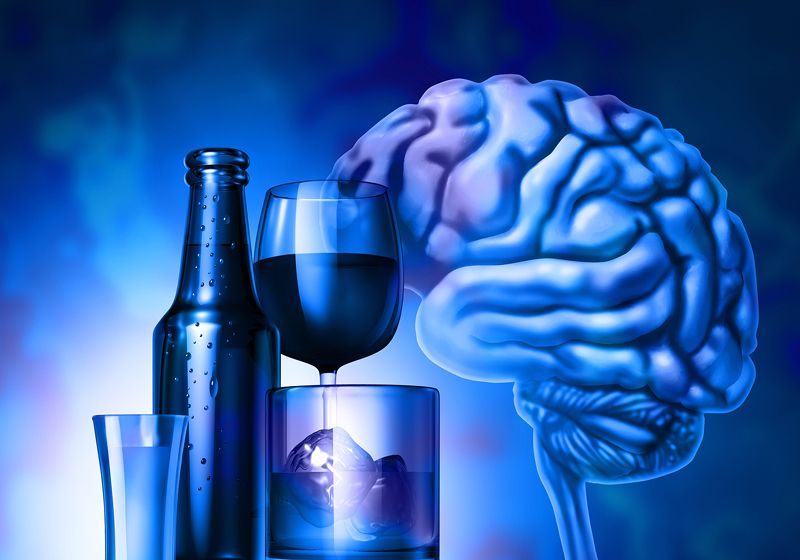Summary
Artificial intelligence is rapidly transforming how diet and nutrition are studied, delivered, and managed across the world, according to new research led by Gabriela Georgieva Panayotova of the Medical University of Varna, Bulgaria. The study, titled Artificial Intelligence in Nutrition and Dietet…
Source: Devdiscourse

AI News Q&A (Free Content)
{
"analysis": [
{
"Q1": "How is AI transforming the field of nutrition estimation, and what new methods are being explored?",
"A1": "AI is significantly advancing nutrition estimation by introducing methods like Visual-Ingredient Feature Fusion (VIF^2). This approach enhances nutrition estimation accuracy by integrating visual and ingredient features, using techniques such as synonym replacement and resampling strategies during training. The method has been validated on datasets like FastFood and Nutrition5k, demonstrating the importance of ingredient information in precise nutrition estimation."
},
{
"Q2": "What role does NutrifyAI play in personalized nutrition, and what technologies does it utilize?",
"A2": "NutrifyAI is an AI-powered system that provides real-time food detection, nutritional analysis, and personalized meal recommendations. It employs advanced computer vision techniques with the YOLOv8 model for food detection, the Edamam Nutrition Analysis API for nutrient analysis, and the Edamam Meal Planning and Recipe Search APIs for personalized meal recommendations. This system aims to streamline dietary tracking by automating food identification and analysis, thus aiding users in making informed dietary decisions."
},
{
"Q3": "What is the Swiss Food Knowledge Graph, and how does it improve nutrition recommendations?",
"A3": "The Swiss Food Knowledge Graph (SwissFKG) is a comprehensive resource that unites recipes, ingredients, nutrient data, dietary restrictions, allergen information, and national dietary guidelines within a Swiss context. It addresses the limitations of existing dietary assessment systems by considering non-visual factors like ingredient substitutions and individual dietary needs, such as allergies and cultural practices, thereby offering more context-aware nutrition recommendations."
},
{
"Q4": "What are some challenges faced by current nutrition apps, and how is AI addressing them?",
"A4": "Current nutrition apps often require manual data entry for food tracking, which is time-consuming and tedious for users. AI addresses these challenges by automating the process of food identification and nutritional analysis through technologies like computer vision and machine learning, which enhance the accuracy and efficiency of dietary tracking and provide personalized dietary insights."
},
{
"Q5": "How is AI contributing to personalized meal planning and dietary recommendations?",
"A5": "AI contributes to personalized meal planning by analyzing individual nutritional needs and preferences using data from various sources, including food detection systems and nutrient analysis APIs. It uses algorithms to recommend meals that meet specific dietary requirements, such as calorie limits, allergen restrictions, and cultural preferences, thus helping users maintain a balanced diet tailored to their needs."
},
{
"Q6": "How do AI-driven nutrition systems enhance ingredient and nutritional prediction accuracy?",
"A6": "AI-driven nutrition systems enhance prediction accuracy by using model-agnostic methods that combine visual and ingredient features. These systems employ strategies like data augmentation and majority voting during testing to refine ingredient predictions, ensuring robust and accurate nutritional analysis."
},
{
"Q7": "What potential does AI hold for future developments in global public health nutrition?",
"A7": "AI holds significant potential for future developments in global public health nutrition by enabling more precise dietary assessments, personalized nutrition plans, and real-time nutritional insights. This can lead to improved dietary habits, reduced diet-related health risks, and better management of public health nutrition at large scales, contributing to healthier populations."
}
],
"Sources": [
"Advancing Food Nutrition Estimation via Visual-Ingredient Feature Fusion; https://huiyanqi.github.io/fastfood-nutrition-estimation/;",
"NutrifyAI: An AI-Powered System for Real-Time Food Detection, Nutritional Analysis, and Personalized Meal Recommendations;",
"Introducing the Swiss Food Knowledge Graph: AI for Context-Aware Nutrition Recommendation;"
]
}





